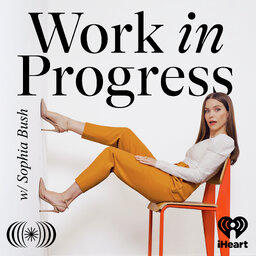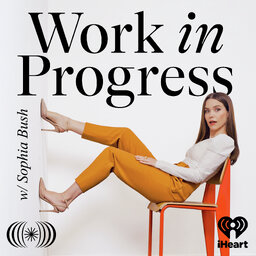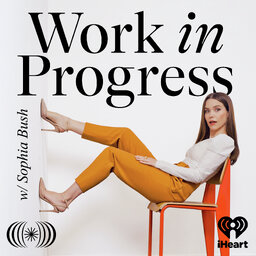Dr. Maya Shankar is a world-renowned behavioral scientist who has worked everywhere from Google to the Obama Administration. Dr. Shankar joins Sophia on the podcast to talk about the human experience and how we are so hard on ourselves, how sensitivity is weaponized, moral reframing, and what led her to completely shift life and career paths.
Executive Producers: Sophia Bush & Rabbit Grin Productions
Associate Producers: Samantha Skelton & Mica Sangiacomo
Editor: Josh Windisch
Artwork by the Hoodzpah Sisters
This show is brought to you by Brilliant Anatomy
 Work in Progress with Sophia Bush
Work in Progress with Sophia Bush


